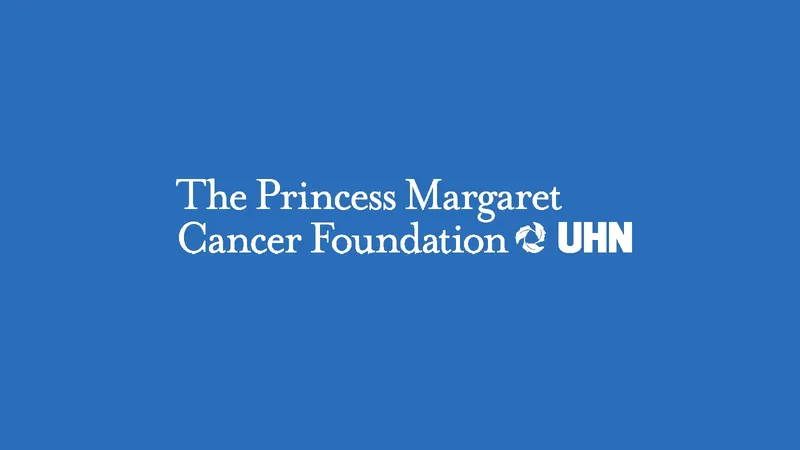
Groundbreaking Study Reveals Shorter Antibiotic Treatments for Bloodstream Infections are Just as Effective!
2024-11-21
Author: Benjamin
Introduction
In a landmark international clinical trial involving over 3,600 patients across 74 hospitals, researchers from Monash University have established that lengthy courses of antibiotics for treating bloodstream infections may not be necessary. This groundbreaking research could change the way we approach one of the most serious health threats, affecting millions globally.
Significance of Bloodstream Infections
Every year, bloodstream infections lead to approximately three million deaths worldwide, making them a critical concern in healthcare. Traditionally, patients diagnosed with such infections have received a two-week regimen of antibiotics. However, Associate Professor Benjamin Rogers from Monash's Centre for Inflammatory Diseases challenges this longstanding practice. He emphasizes that the severity of a patient’s condition at the time of diagnosis does not dictate the length of antibiotic treatment needed.
Study Overview and Findings
The study, the largest of its kind, was recently published in the New England Journal of Medicine, showcasing the results of a trial that aimed to determine whether a shorter, one-week course of antibiotics could be just as effective as the traditional two-week course. Conducted in collaboration with the Sunnybrook Research Institute in Canada and involving researchers from New Zealand, the Middle East, and Europe, the findings are nothing short of revolutionary.
Data analysis revealed that the survival rates of patients receiving one week of antibiotics did not differ significantly from those treated for two weeks. Specifically, 14.5% of patients on the seven-day regimen died within 90 days, compared to 16.1% of those on the 14-day course. This remarkable outcome supports the notion that shorter treatment lengths are not only viable but potentially safer.
Broader Implications
Associate Professor Rogers further noted that reducing antibiotic use could significantly combat the rising threat of antibiotic resistance, lessen the risk of adverse side effects, and lead to substantial cost savings within healthcare systems. With World Antibiotic Awareness Week underway, the timing of this study couldn’t be more significant.
Expert Opinions
Dr. Nick Daneman, one of the principal investigators, pointed out the long-standing lack of research surrounding sepsis and antibiotic therapy durations. The trial, known as BALANCE (Bacteremia Antibiotic Length Actually Needed for Clinical Effectiveness), has set a new standard for treatment protocols moving forward.
Dr. Rob Fowler, another key researcher, elaborated on the implications of their findings: “One week of antibiotic therapy is just as good as two weeks. Our results can inform healthcare systems in making decisions that improve patient care while also mitigating the risks associated with antibiotic resistance.”
Conclusion
As hospitals and healthcare providers adapt to these new insights, it’s vital to recognize the potential impact on the future of treatment for bloodstream infections, paving the way for more efficient and responsible use of antibiotics. Stay informed, as the health community evolves with these groundbreaking findings!









 Brasil (PT)
Brasil (PT)
 Canada (EN)
Canada (EN)
 Chile (ES)
Chile (ES)
 España (ES)
España (ES)
 France (FR)
France (FR)
 Hong Kong (EN)
Hong Kong (EN)
 Italia (IT)
Italia (IT)
 日本 (JA)
日本 (JA)
 Magyarország (HU)
Magyarország (HU)
 Norge (NO)
Norge (NO)
 Polska (PL)
Polska (PL)
 Schweiz (DE)
Schweiz (DE)
 Singapore (EN)
Singapore (EN)
 Sverige (SV)
Sverige (SV)
 Suomi (FI)
Suomi (FI)
 Türkiye (TR)
Türkiye (TR)